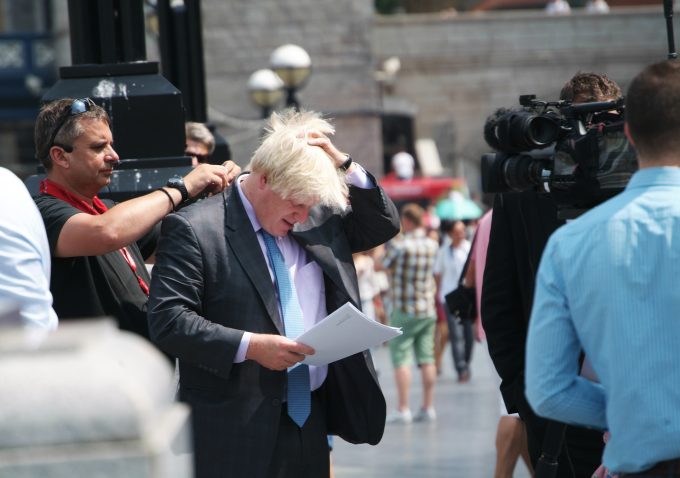A wind of change as reliance on China eases, with G2G the next challenge
A drive to diversify sourcing – and a booming worldwide e-commerce sector – is set ...

The industry is tough enough as it is ? so the last thing anyone in air freight needed was the UK’s figure of fun, foreign secretary Boris Johnson, to get involved. Unfortunately, however, he has. A UK-led resolution to address threats in aviation has been unanimously approved by the UN’s Security Council, which wants to see more screening and better security. Luckily, it will be ICAO, rather than Mr Johnson, implementing the plans. From next year until 2019, ICAO will develop ...
Predatory rivals circle as the ripples from DSV's Schenker buy widen
Latest Israeli attack on Iran a threat to box ships in Straits of Hormuz
DHL Express facilities in Canada forced to shut down by strike
Industry concerns rise after yet another box ship on fire off Indian coast
New Middle East conflict brings airspace closures, flight chaos and oil price worry
More legal trouble in India for MSC: feeder vessel detained after box ship disasters
Return of downward pressure on container spot freight rates
BYD launches logistics subsidiary – and eyes ports and shipping sectors

Comment on this article